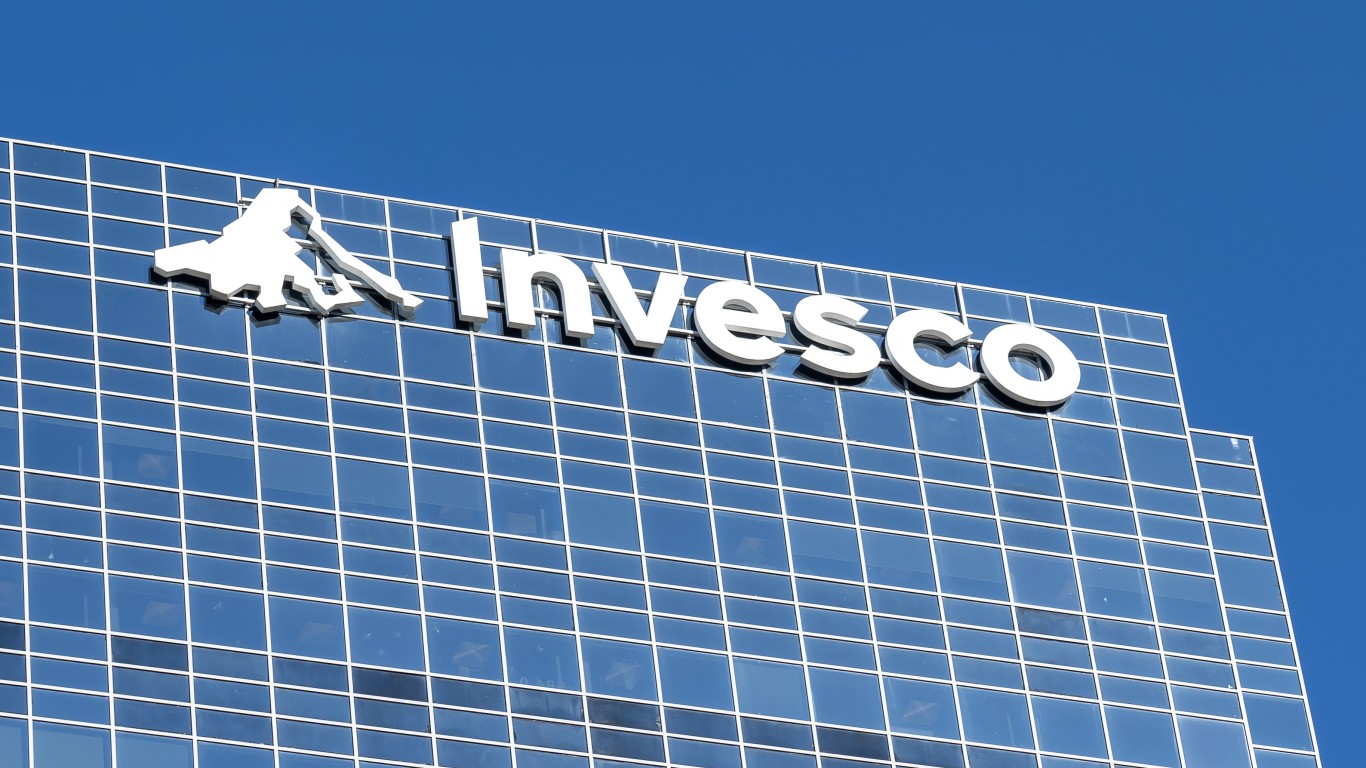 China announced that its trade surplus in October was $27.1 billion. The news will certainly be used by the US and other Western developed nations to show that China continues to manipulate the yuan to keep the prices of its exports artificially low. The US Administration, Congress, and labor unions will once again point out that the Chinese advantage has cost Americans jobs and also hampers the ability of the US to export goods to the People’s Republic.
China announced that its trade surplus in October was $27.1 billion. The news will certainly be used by the US and other Western developed nations to show that China continues to manipulate the yuan to keep the prices of its exports artificially low. The US Administration, Congress, and labor unions will once again point out that the Chinese advantage has cost Americans jobs and also hampers the ability of the US to export goods to the People’s Republic.
The data will give the US a weapon as it goes to the G20 meetings in South Korea. The Federal Reserve has been almost universally criticized overseas for its QE2 program to buy $600 billion in Treasury paper. Among other things, the move is likely to depress the value of the dollar making U.S. exports cheaper.
The battle is one in which both sides are right and each is wrong. The value of the yuan disguises to some extent the problems China has due to pressure from workers to increase wages and rising costs of key commodities like oil. China’s position on the yuan, which has been colored by an ongoing reluctance to allow the currency to be reset to its “normal” value by global currency traders, has certainly given the nation some advantage as an exporter.
The Fed decision to allow bond purchases to lower American interest rates should, based on simple economics, help lower the value of U.S. exports. But, there have been a number of arguments, some made by regional Fed presidents, that QE2 will not improve the loan practices of banks or the willingness of American corporations to add workers and increase capital expenditures. That makes QE2 a program which is controversial with trade partners while being unlikely to help the American economy.
The Chinese trade surplus will increase the finger pointing at the G20 meetings. The mean that the positions of China and the US have hardened. The finance ministers of a number of countries in Europe and Latin America have warned of currency and trade wars. Those risks becomes more likely by the day as the policies between the world’s two largest economies moves further apart.
Douglas A. McIntyre
Cash Back Credit Cards Have Never Been This Good
Credit card companies are at war, handing out free rewards and benefits to win the best customers. A good cash back card can be worth thousands of dollars a year in free money, not to mention other perks like travel, insurance, and access to fancy lounges. See our top picks for the best credit cards today. You won’t want to miss some of these offers.
Flywheel Publishing has partnered with CardRatings for our coverage of credit card products. Flywheel Publishing and CardRatings may receive a commission from card issuers.
Thank you for reading! Have some feedback for us?
Contact the 24/7 Wall St. editorial team.





